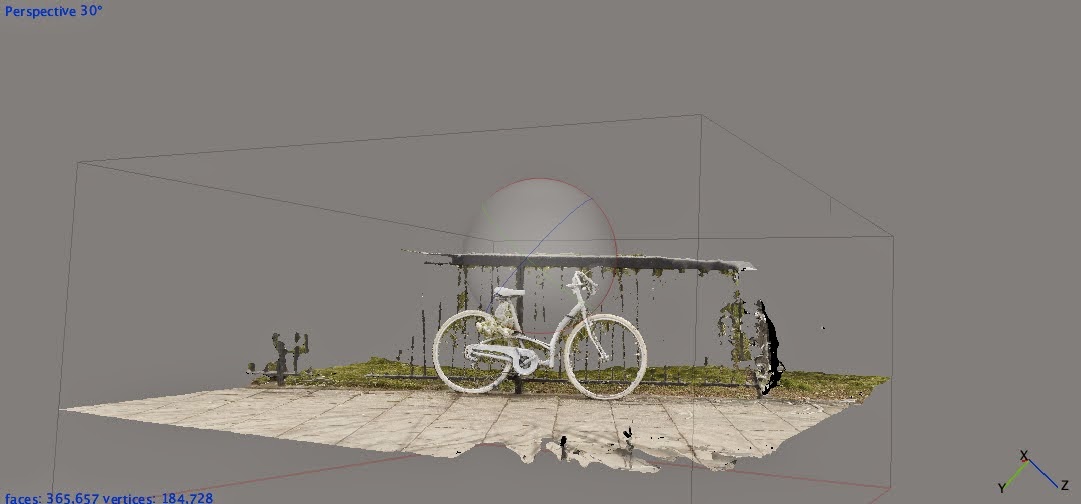Monday, 30 March 2015
Sunday, 29 March 2015
Saturday, 28 March 2015
Wednesday, 25 March 2015
Sunday, 22 March 2015
waiting for the eclipse / lincoln's inn fields
beyond the north wind...
gelid
algid
Sir Joshua Reynolds PRA (1723-1792) Studio Experiments in Colour and Media, oil on canvas, c. 1770s-1780s
This canvas, onto which Reynolds has 'arranged specimens of various
pigments for experimental purposes' was bought by the RA in 1878. It was
originally presented to Sir Thomas Lawrence by its previous owner, who
had lived in Reynolds' house in Great Newport Street and had preserved a
number of these experimental canvases. It disappeared after Lawrence's
death, reappearing again in the late-nineteenth century.


Saturday, 21 March 2015
and if I scan thee right, Thou needs must well remember how I aped Creative nature by my subtle art.
ttp://www.smithsonianmag.com/history/france-chauvet-cave-makes-grand-debut-180954582/?utm_source=facebook.com&no-ist
Menocchio said: "I have said that, in my opinion, all was chaos, that
is, earth, air, water, and fire were mixed together; and out of that
bulk a mass formed – just as cheese is made out of milk – and worms
appeared in it, and these were the angels.
regeneration chic
Labels:
agora,
aylesbury estate,
barriers,
dante,
public space,
silk
Thursday, 19 March 2015
Chun | On Software, or the Persistence of Visual Knowledge
Software has become a commonsense shorthand for culture and hardware a
shorthand for nature. (In the current debate over stem cell research, stem
cells have been called “hardware.”Historically software also facilitated the
separation of pattern from matter, necessary for the separation of genes from
DNA.
In our so-called postideological society, software sustains and depoliticizes notions of ideology and ideology critique. People may deny ideology, but they don’t deny software—and they attribute to software, metaphorically, greater powers than have been attributed to ideology. Our interactions with software have disciplined us, created certain expectations about cause and effect, offered us pleasure and power that we believe should be transferable elsewhere. The notion of software has crept into our critical vocabulary in mostly uninterrogated ways. By interrogating software and the visual knowledge it perpetuates, we can move beyond the so-called crisis in indexicality toward under-
standing the new ways in which visual knowledge is being transformed and perpetuated, not simply displaced or rendered obsolete
In our so-called postideological society, software sustains and depoliticizes notions of ideology and ideology critique. People may deny ideology, but they don’t deny software—and they attribute to software, metaphorically, greater powers than have been attributed to ideology. Our interactions with software have disciplined us, created certain expectations about cause and effect, offered us pleasure and power that we believe should be transferable elsewhere. The notion of software has crept into our critical vocabulary in mostly uninterrogated ways. By interrogating software and the visual knowledge it perpetuates, we can move beyond the so-called crisis in indexicality toward under-
standing the new ways in which visual knowledge is being transformed and perpetuated, not simply displaced or rendered obsolete
Tuesday, 17 March 2015
Sunday, 15 March 2015
chiltern house albany rd 14 March

http://www.peoplesrepublicofsouthwark.co.uk/hold-news/news/3683-the-fences-must-go#.VQmkNrL2QJU.twitter
Saturday, 14 March 2015
Friday, 13 March 2015
Monday, 9 March 2015
Subscribe to:
Comments (Atom)
















 h
h


































